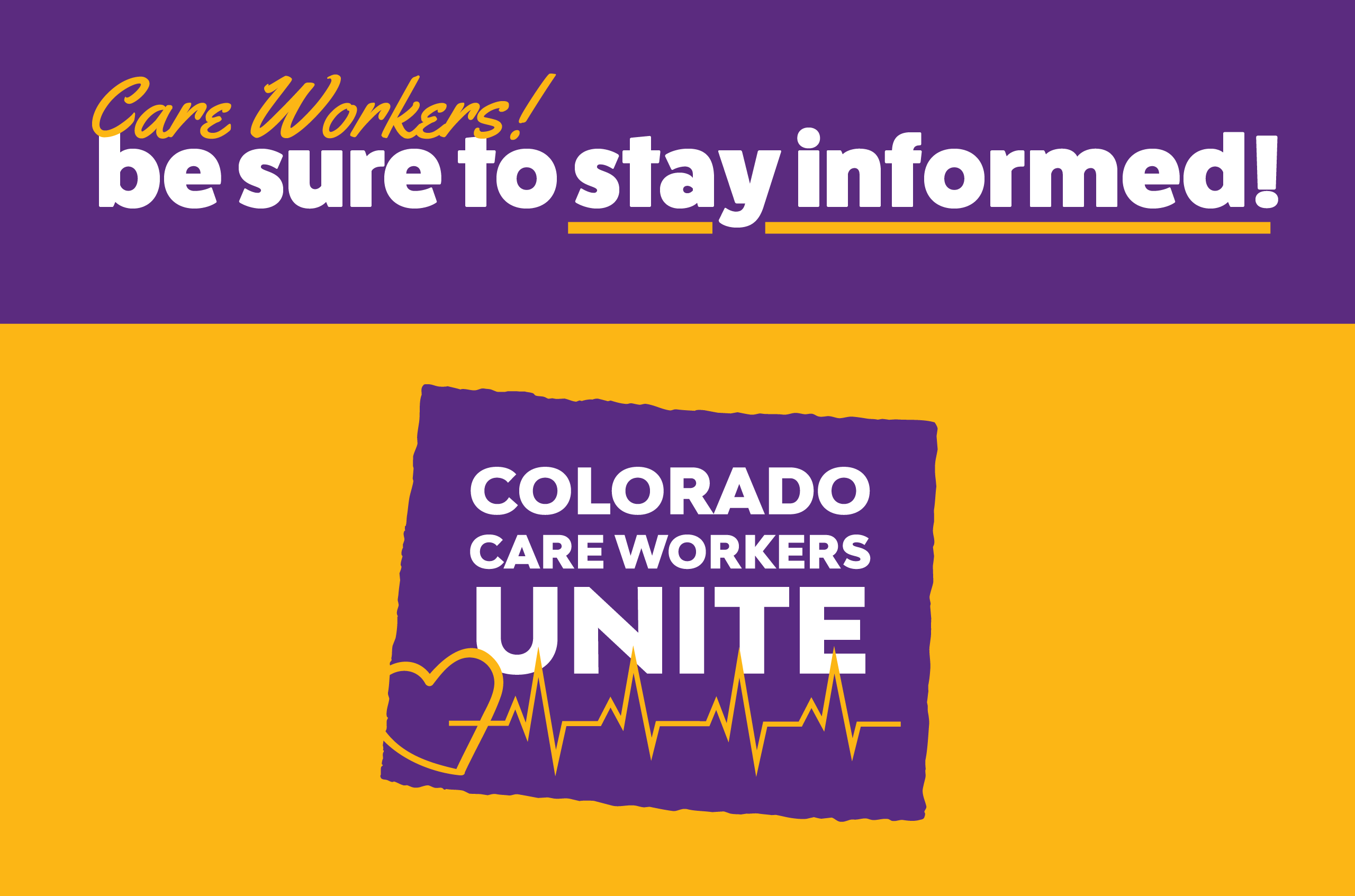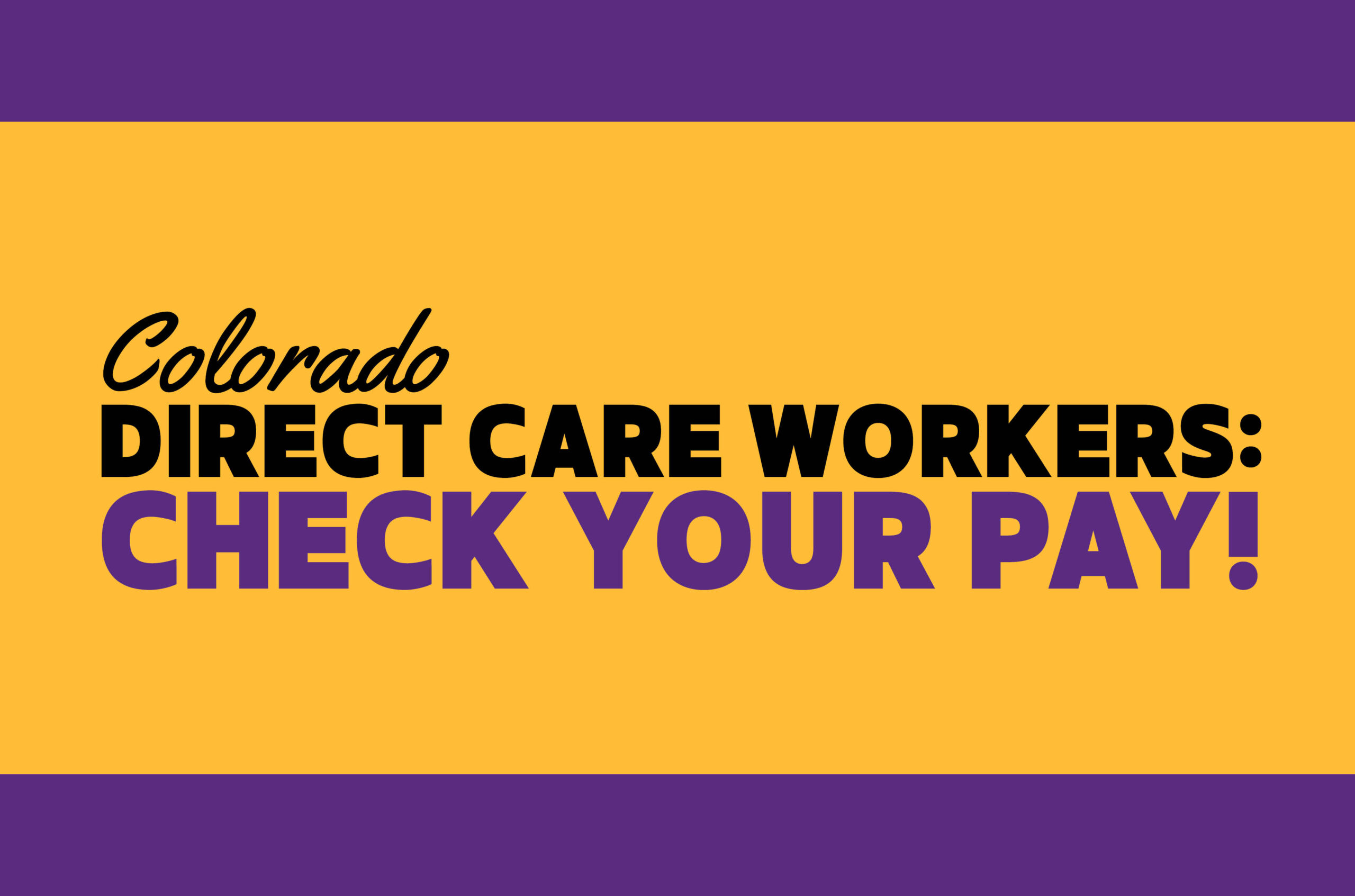Senate Bill 238 Raises Wages for Caregivers and Promotes High Care Standards for Consumers by Establishing a Training Enforcement Work Group
Denver, CO – A bill aiming to increase retention in the home care workforce by raising wages for caregivers passed out of the Senate today. Senate Bill 238, sponsored by Senators Jessie Danielson and Dominick Moreno and Representatives Chris Kennedy and Monica Duran, requires home care agencies to pass on a minimum percentage of their Medicaid reimbursement rate increases over the next two fiscal years directly to employee compensation. SB 238 also establishes a stakeholder group to create a process for reviewing and enforcing training requirements and ensuring workers are aware of the rights they earned under this bill.
“Home healthcare workers provide critical support to the most beloved members of our community. I’ve heard from many who care deeply about their work, but the low wages and lack of benefits make it difficult to make ends meet,” said Senator Danielson. “This bill reaffirms the importance of home healthcare workers and will help ensure they are properly compensated, benefitting both workers and patients alike.”
Lack of job stability and low pay mean the industry has a hard time keeping workers, even while demand for home care workers is growing. In the past 14 years, median wages of personal care aides only grew $0.08 when adjusted for inflation, limiting the ability of veteran caregivers to stay in their jobs or give prospective workers a path toward a new career and opportunities for advancement. The median wage for personal care aides is $11.68. In the Denver metro area, a caregiver making that wage would need to work an average of 93 hours/week to afford housing on 30% of their income, a percentage recommended by the federal government.
To help retain workers who are dedicated to providing high quality, compassionate care, SB 238 requires agencies to apply the entire provider rate increase for FY 19/20 ($1.48/hour) to worker compensation and sets a wage floor for home care workers of $12.41, starting in July 2020.
“I love that as a caregiver I become a part of someone’s family,” said caregiver Brenda Lozada. “We take care of people with love and compassion, but we don’t get paid enough to take care of our own families. This bill will give home care workers like me a much needed raise, so we can keep providing high quality care to our clients.”
To promote high care standards for consumers, SB 238 establishes a training enforcement workgroup, comprised of various stakeholders in the home care industry including consumers, caregivers, agencies, disability and senior groups, etc.
SB 238 will help ensure Colorado has a reliable, trusted, and well-equipped group of care providers, who are being paid a wage that lets them support their families.




